The start of October has not been good for me in terms of grant applications.  On the first day of October the NIHR informed us that our application to the call for a research programme for social care was unsuccessful. The reason given by the NIHR panel was that our proposal was not competitive enough, this was a BU-led proposal working with colleagues based in Dorset.
On the first day of October the NIHR informed us that our application to the call for a research programme for social care was unsuccessful. The reason given by the NIHR panel was that our proposal was not competitive enough, this was a BU-led proposal working with colleagues based in Dorset.
Four days later another application to the NIHR, this time to another different funding stream, was rejected by Global Health Research Programme Funding Committees. This second failed grant application was written by an international interdisciplinary team led by the Canterbury Christ Church University. It was a follow-up of our successful study ‘The impact of federalisation on Nepal’s health system: a longitudinal analysis’, which was funded by the UK Health Systems Research Initiative, itself a collaboration of the MRC/FCDO/Wellcome Trust/ESRC; Grant ref. MR/T023554/1.
To rub salt in the wounds, an international funding body, a joint initiative of the Agence Nationale de la Recherche (ANR; France), the Deutsche Forschungsgemeinschaft (DFG; Germany), the Economic & Social Research Council (ESRC; UK) and the Social Sciences & Humanities Research Council (SSHRC; Canada). The secretariat emailed us a few days ago than our application was not short-listed in this very competitive call, where 90% of applications were rejected.
Some of these proposals can, and will be, revamped and resubmitted to other funding bodies.

Prof. Edwin van Teijlingen
Centre for Midwifery & Women’s Health




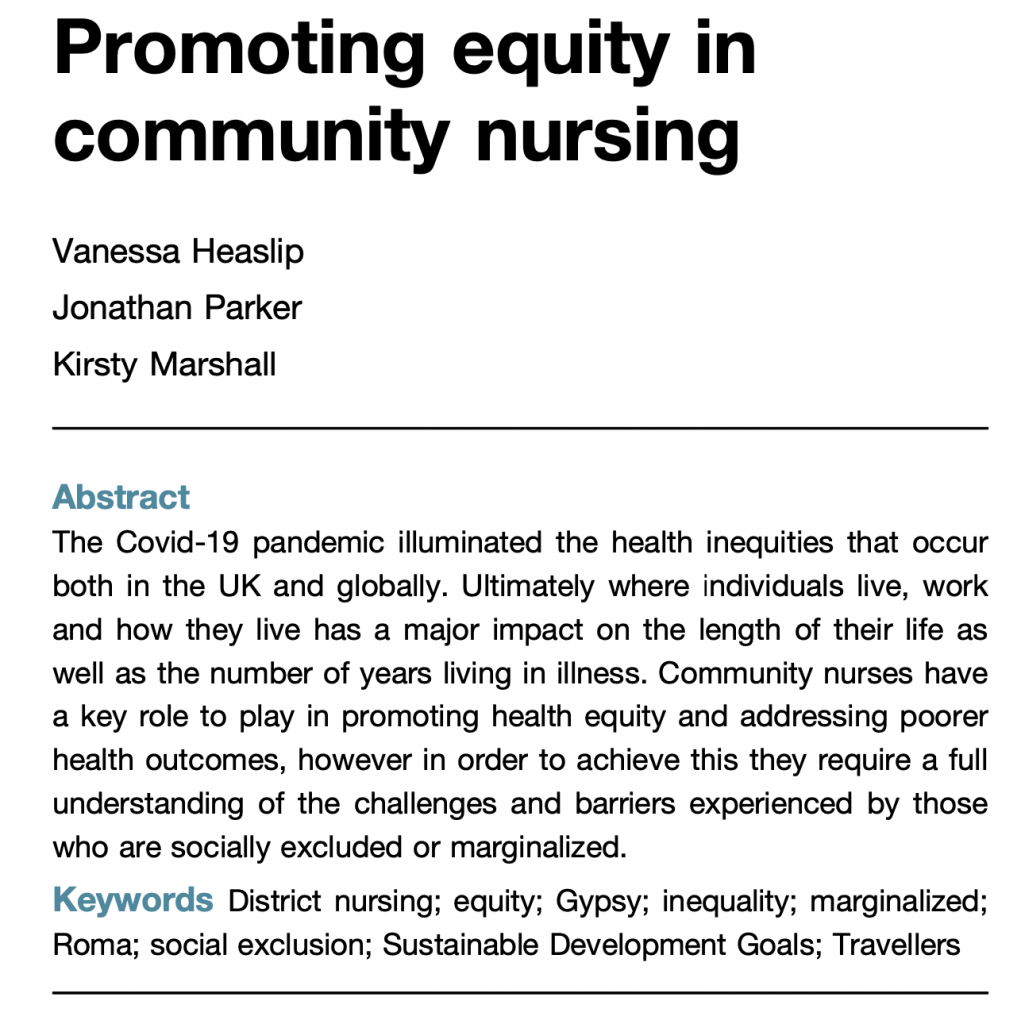
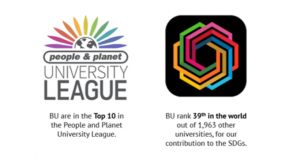
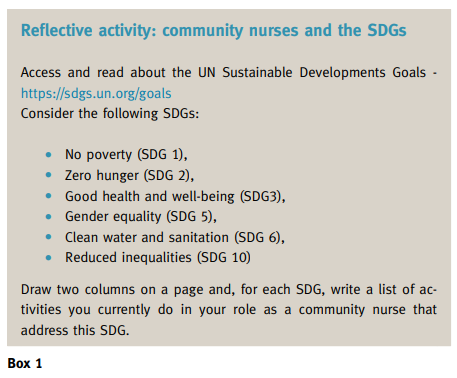
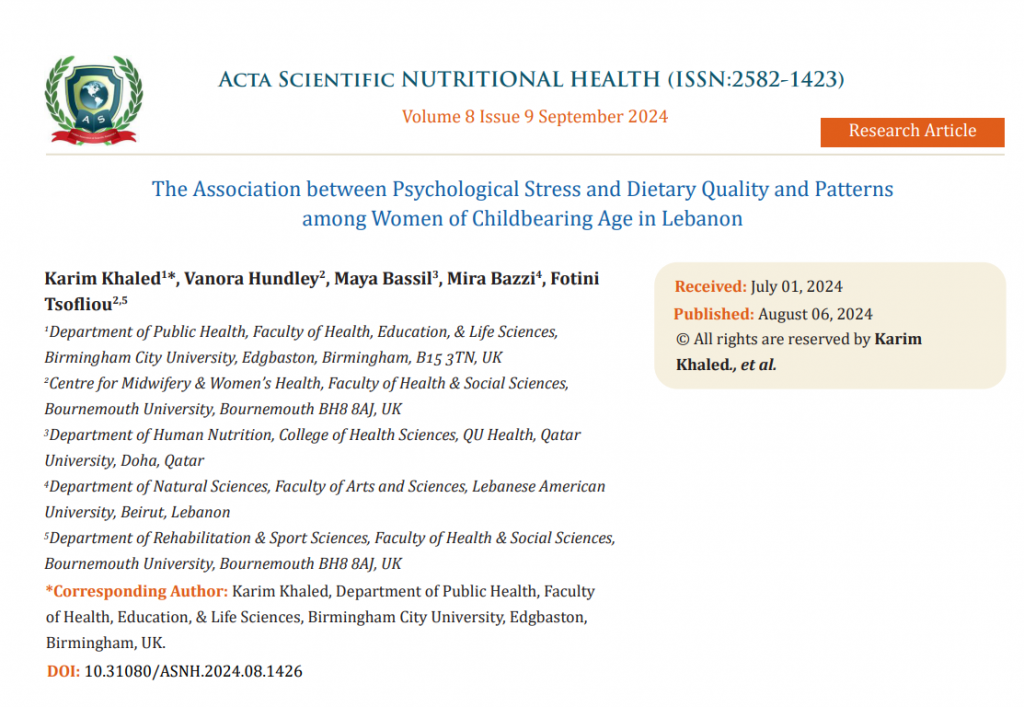

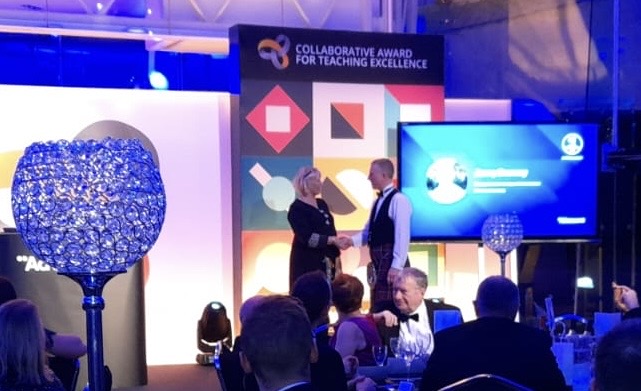
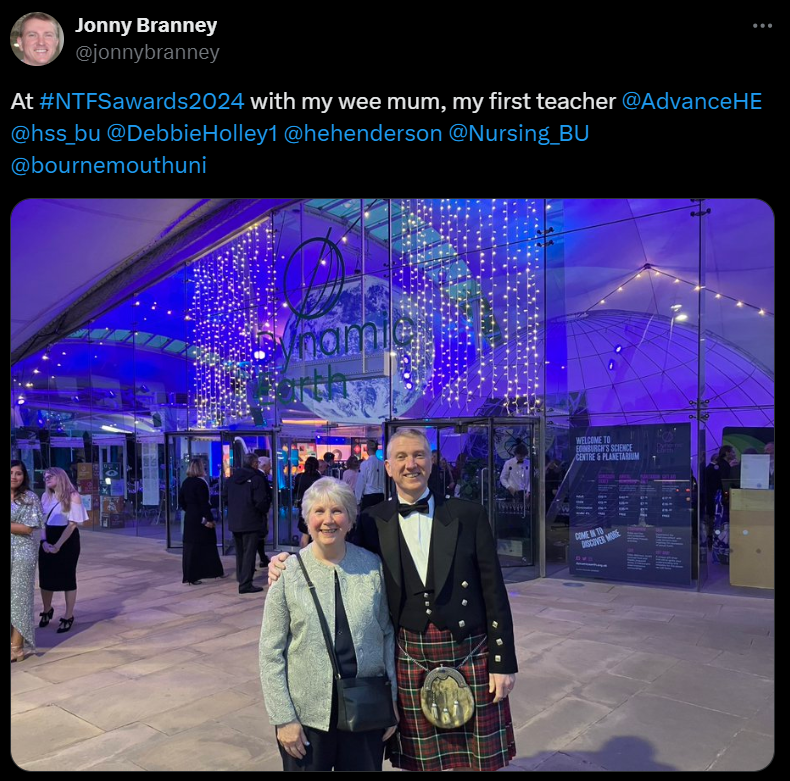
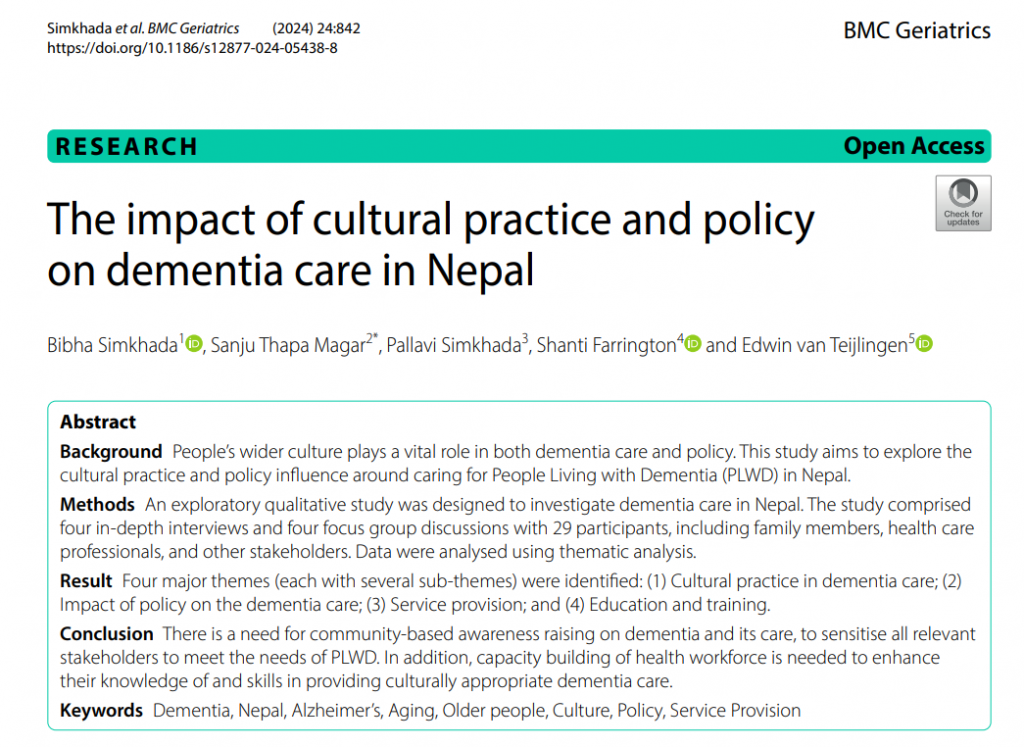

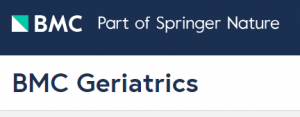
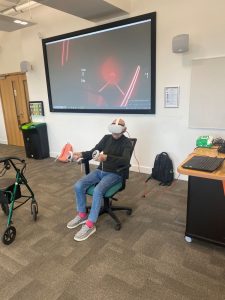
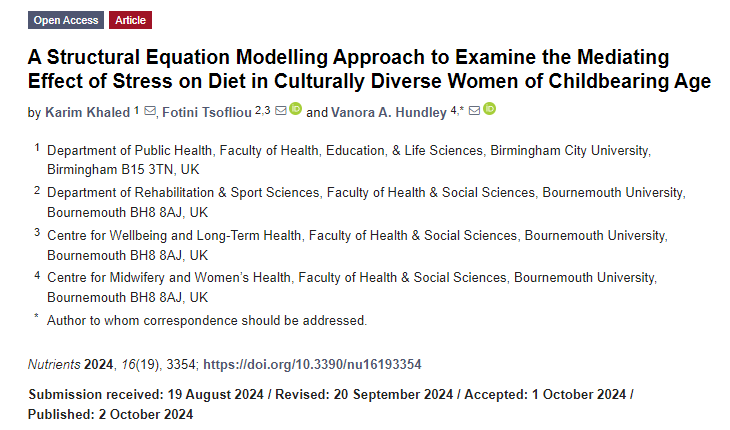
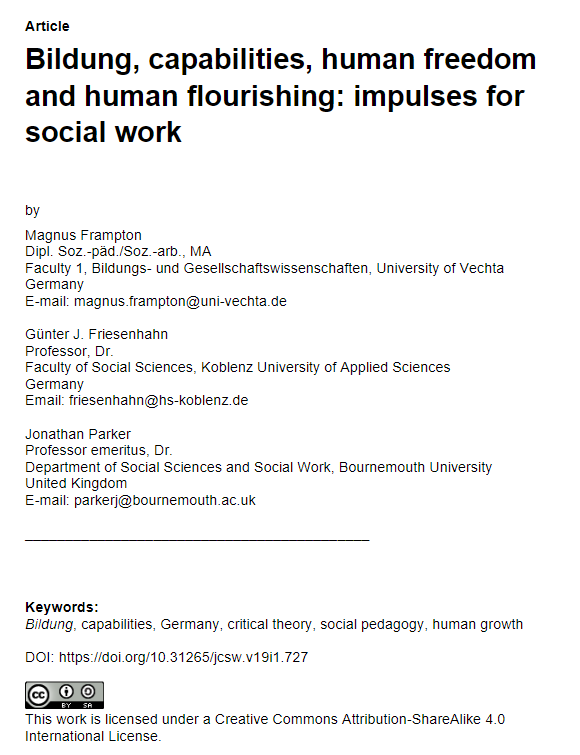
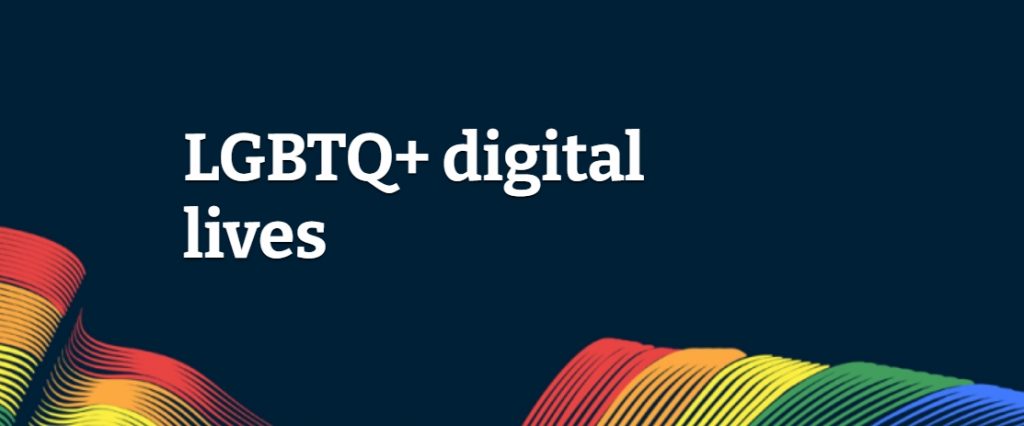

 RKEDF: Early Career Researcher Network – Introduction/New to BU
RKEDF: Early Career Researcher Network – Introduction/New to BU CyGamBIT is designed to address the cybersecurity skills gap, particularly in SMEs, charities, and educational institutions, and forms part of the pre-spin-out phase of Cyber Innovations Ltd., which is closely linked with BU’s Department of Computing and Informatics.
CyGamBIT is designed to address the cybersecurity skills gap, particularly in SMEs, charities, and educational institutions, and forms part of the pre-spin-out phase of Cyber Innovations Ltd., which is closely linked with BU’s Department of Computing and Informatics. Throughout the event, Innovate UK and the CyberASAP programme were central to the conversation. CyberASAP has played a pivotal role in accelerating CyGamBIT’s development, providing vital support in bringing the project closer to market. Innovate UK’s commitment to fostering innovative solutions has been instrumental in helping Cyber Innovations Ltd. progress from concept to implementation, ensuring the platform’s future in the cybersecurity education landscape.
Throughout the event, Innovate UK and the CyberASAP programme were central to the conversation. CyberASAP has played a pivotal role in accelerating CyGamBIT’s development, providing vital support in bringing the project closer to market. Innovate UK’s commitment to fostering innovative solutions has been instrumental in helping Cyber Innovations Ltd. progress from concept to implementation, ensuring the platform’s future in the cybersecurity education landscape.










 New Nepal scoping review on maternal & neonatal health
New Nepal scoping review on maternal & neonatal health Fourth INRC Symposium: From Clinical Applications to Neuro-Inspired Computation
Fourth INRC Symposium: From Clinical Applications to Neuro-Inspired Computation Writing policy briefs
Writing policy briefs Upholding Excellence: The Concordat to Support Research Integrity
Upholding Excellence: The Concordat to Support Research Integrity ECR Funding Open Call: Research Culture & Community Grant – Application Deadline Friday 12 December
ECR Funding Open Call: Research Culture & Community Grant – Application Deadline Friday 12 December MSCA Postdoctoral Fellowships 2025 Call
MSCA Postdoctoral Fellowships 2025 Call ERC Advanced Grant 2025 Webinar
ERC Advanced Grant 2025 Webinar Horizon Europe Work Programme 2025 Published
Horizon Europe Work Programme 2025 Published Horizon Europe 2025 Work Programme pre-Published
Horizon Europe 2025 Work Programme pre-Published Update on UKRO services
Update on UKRO services European research project exploring use of ‘virtual twins’ to better manage metabolic associated fatty liver disease
European research project exploring use of ‘virtual twins’ to better manage metabolic associated fatty liver disease